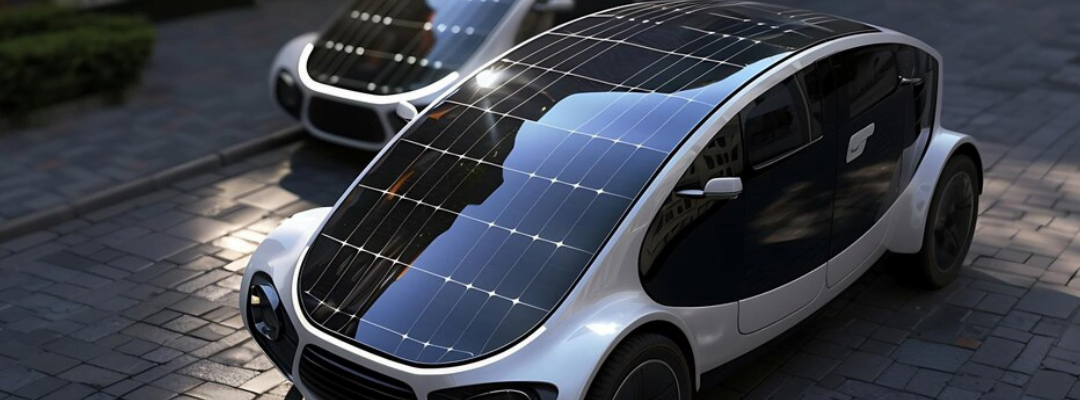The escalated adoption of greener energy solutions has been a wide advantage of electric vehicles (EVs) integrating solar panels in electric vehicles (EVs) making a technology that could significantly enhance the efficiency and range of electric vehicles, transforming the future of transportation and producing a greener pathway.
The Current Challenges in EV
Electric vehicles, while environmentally friendly, are still limited by the capacity of their batteries. Range anxiety remains a major concern for many potential EV owners, as the fear of running out of charge far from a charging station can be a significant barrier. Additionally, the reliance on the electrical grid to recharge these vehicles can sometimes negate the environmental benefits, especially in regions where the grid is powered by fossil fuels.
Schedule a Free Site Visit Today!
Extended Range Extension
One of the prominent advantages of equipping electric vehicles with solar panels is the potential for an extended driving range. Solar panels can generate electricity as the vehicle is parked or in motion, providing an additional power source to supplement the vehicle’s battery. This technology can contribute several miles of extra range each day, which is especially beneficial for short commutes and can alleviate concerns regarding finding charging stations.
Flexible Charging
Solar-powered electric vehicles can recharge anytime there is access to sunlight, allowing drivers to harness energy while parked in an open area. This feature provides significant flexibility compared to conventional EVs that depend solely on charging stations. It enables users to mitigate electricity costs associated with traditional charging, further enhancing the overall costeffectiveness of owning an electric vehicle.
Reduced Load on the Grid
As more EVs hit the roads, the demand for electricity from the grid will increase. Solar-powered EVs can alleviate some of this demand by using renewable energy directly from the sun. This reduces the need for frequent gridbased charging, especially during peak hours when electricity demand is high.
Environmental Sustainability
Future Trends and Innovations
The future of solar panels on electric vehicles is promising, with ongoing innovations poised to enhance efficiency and feasibility. Technologies like photovoltaic paint and vehicle-to-grid (V2G) systems, which allow electric vehicles to share surplus energy with the grid, are on the horizon. Such advancements could lead to a scenario where every aspect of vehicle design maximizes energy capture and utilization, redefining the efficiency of transportation.
As the world moves towards a greener future, the synergy between solar energy and electric vehicles will play a crucial role in shaping the transportation systems of tomorrow. While challenges remain, the potential benefits make this an exciting area of innovation with the power to transform the way we think about mobility.
Schedule a Free Site Visit Today!


